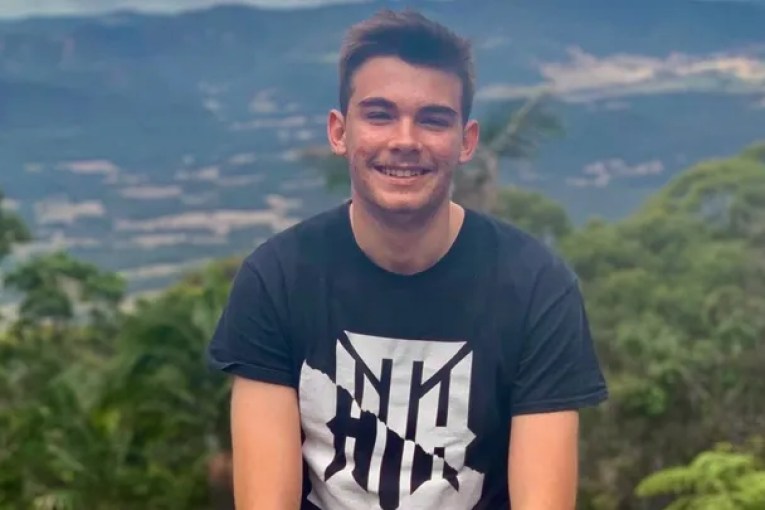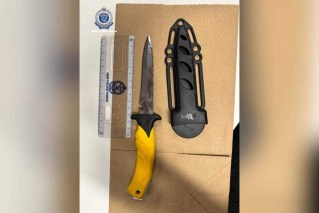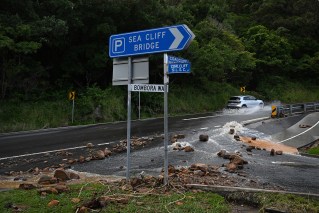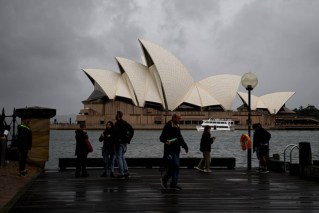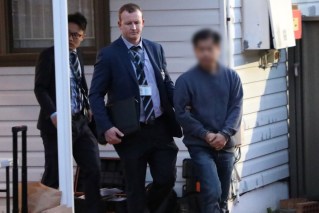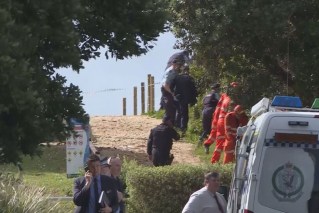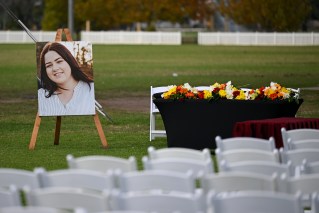Buy our water entitlements and we’ll stop growing cotton: farmers
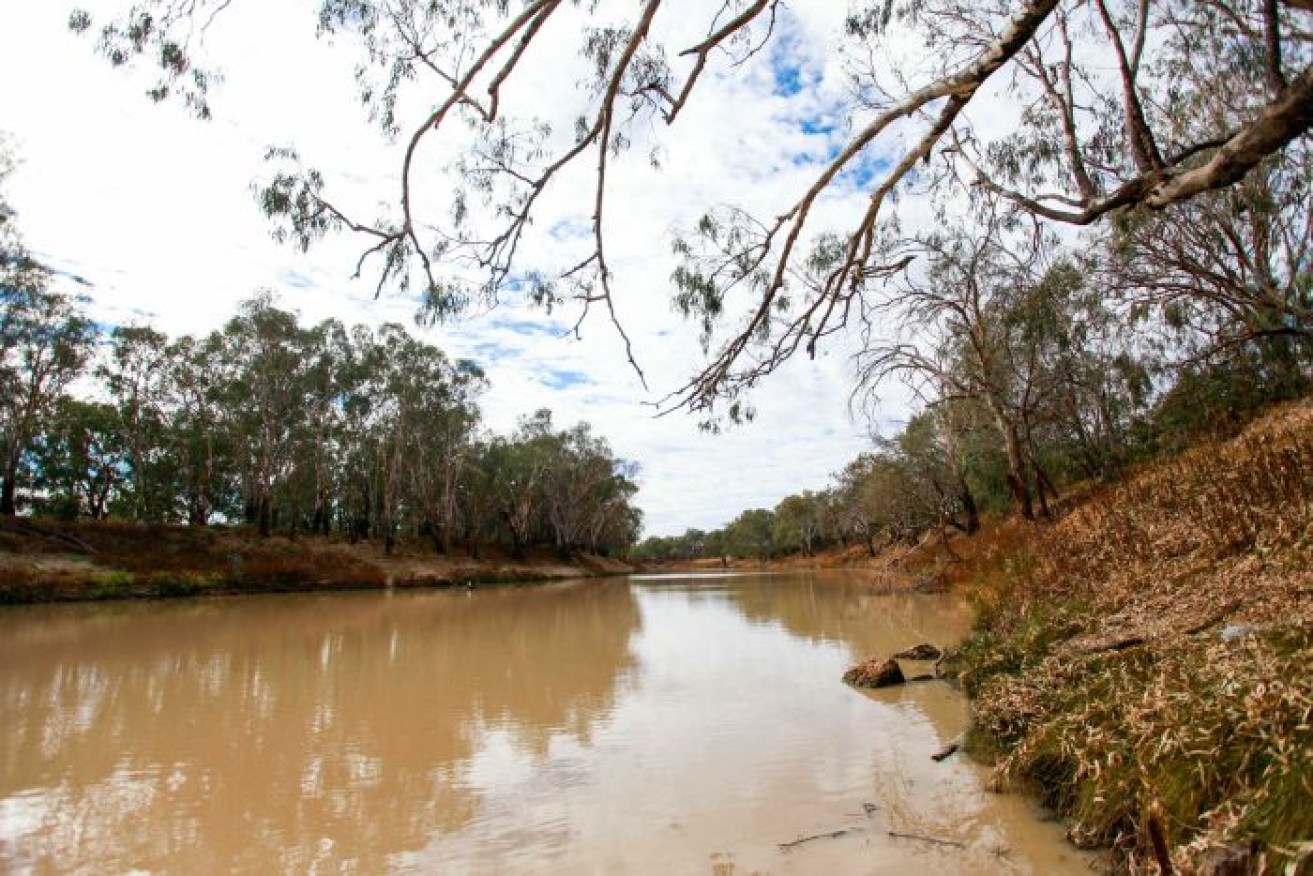
The vendors are citing commentary around the degradation of the river system as their main motivation. Photo: ABC
A group of farmers in north-west New South Wales are offering to sell their water entitlements as an incentive to stop growing cotton.
The move comes as concerns mount over the condition of Murray-Darling rivers and the effects the drought and water allocations are having.
More than 30,000 megalitres of irrigation water entitlements are up grabs and the farmers, who are remaining anonymous, have put the sale in the hands of the CBRE group, a commercial real estate firm to broker the deal.
“The vendors are motivated to sell by the growing commentary around the degradation of the Barwon-Darling river system,” said Danny Thomas, regional director of CBRE Agribusiness.
“There are also allegations that irrigators are at least partly responsible for the problems in the system.”
The majority of the water in the Barwon-Darling system is classified as Class B, with strict rules requiring a minimum water flow in the river before it is able to be pumped.
As many as four cotton farming families are involved in selling licences.
South Australians were outraged to discover NSW irrigators were taking billions of litres of water earmarked for the environment. Find out what happened next.
“The families have been observing commentary about the reasons for the river been in the state that it’s in,” Mr Thomas said.
“Some of the commentary says people like them are part of the problem, and those that want to proactively return water to the river have an opportunity to do so now.”
While the value of the licences is unclear, it is unusual for farmers to sell water entitlements as part of a group.
“The opportunity is there for people to buy the licenses at a level of value which incentivises the growers not to grow cotton,” Mr Thomas said.
The sale comes as debate continues over the quality of the river system and the death of up to a million fish at Menindee earlier this year.
– ABC
